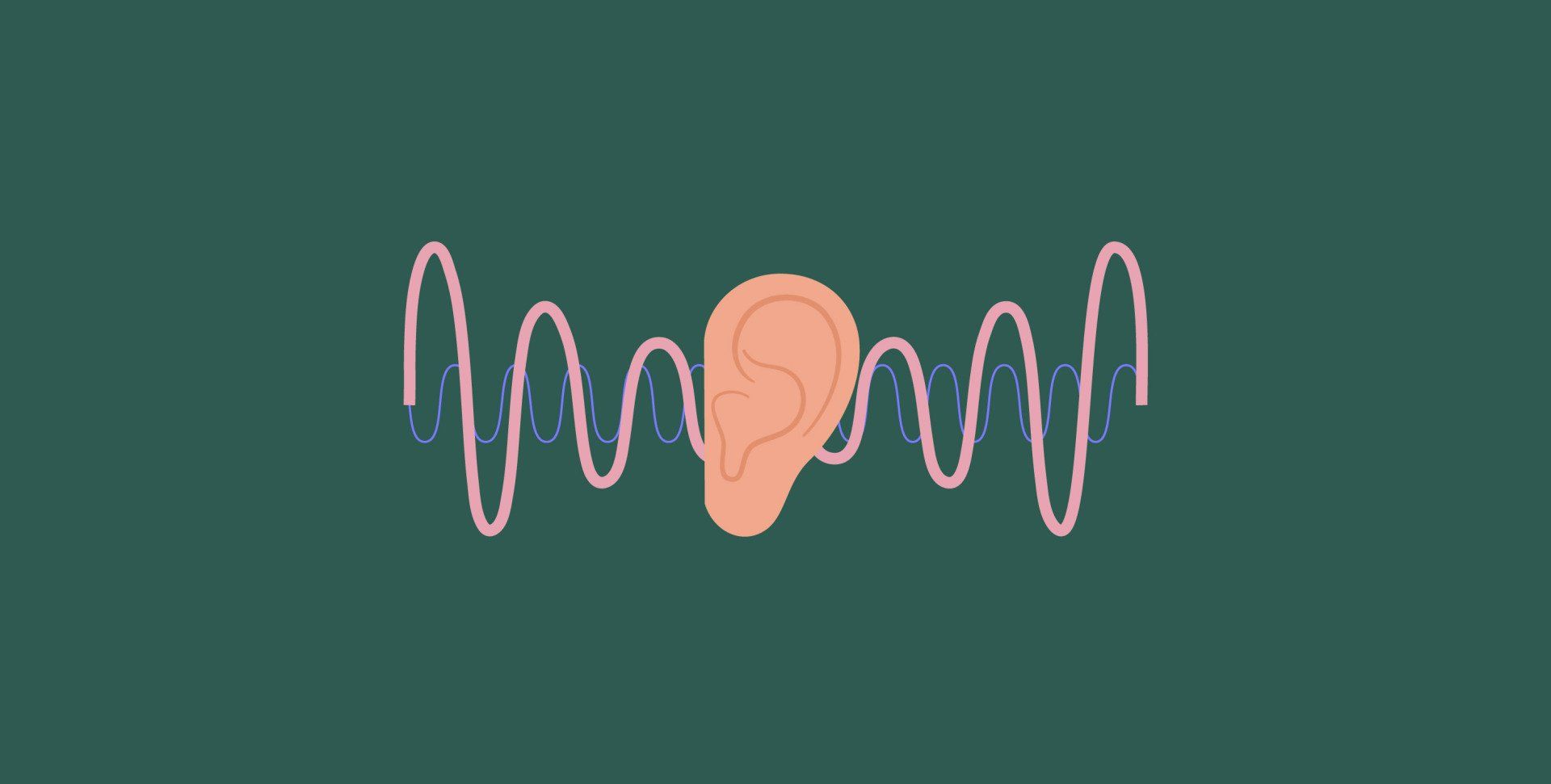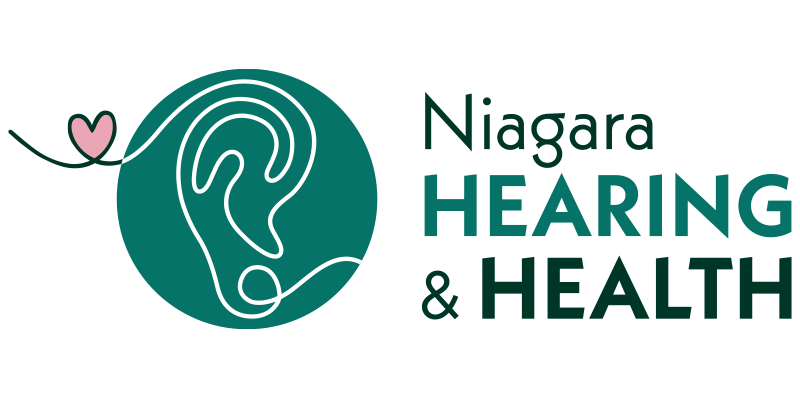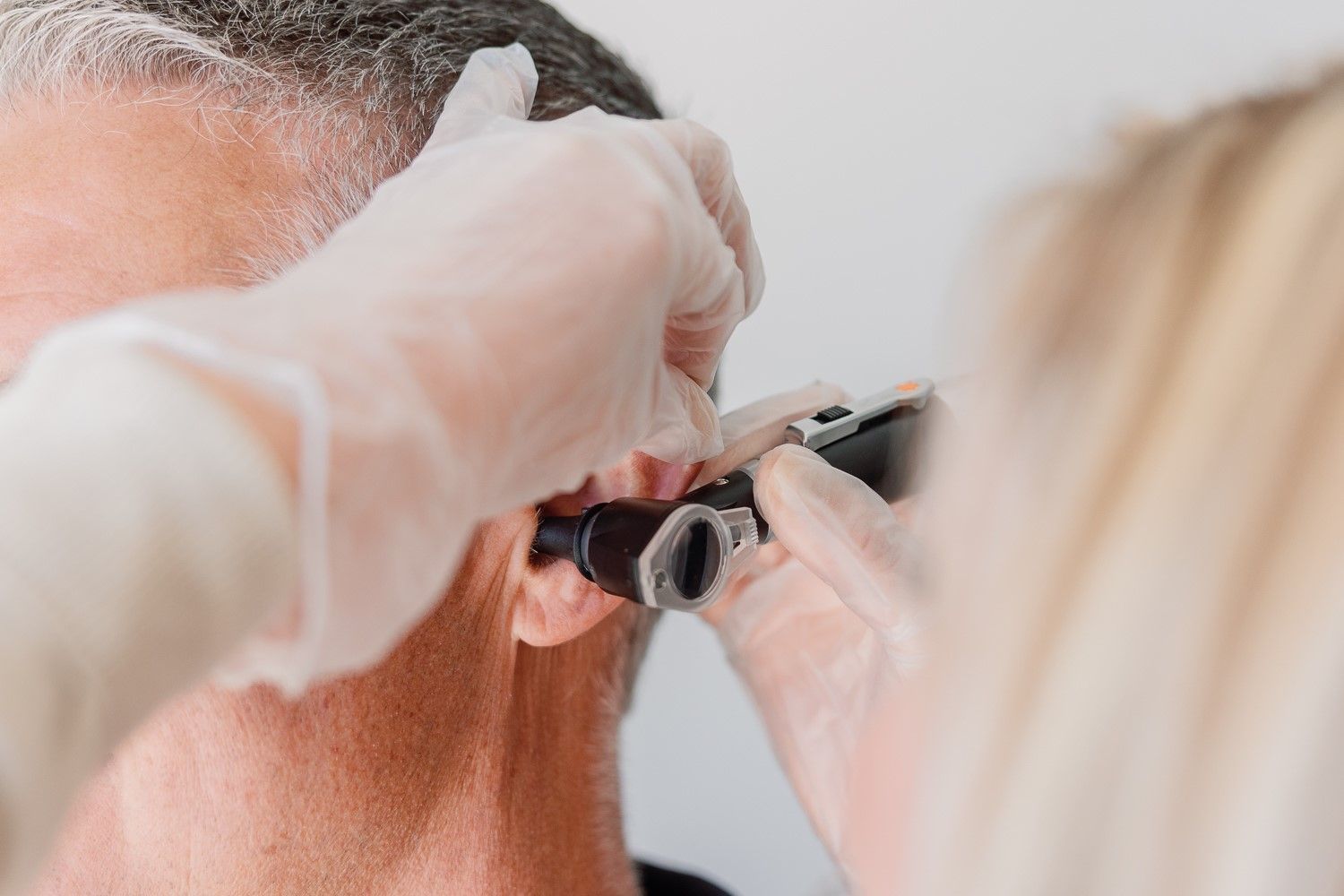Noise Induced Hearing Loss (NIHL)
Brittany Mott
"Noise exposure doesn’t just happen in the workplace. It is becoming more common for people to experience noise induced hearing loss from recreational activities such as shooting, boating, snowmobiling, sporting events, concerts, bars, and movie theatres"
Noise-Induced hearing loss is a permanent and irreversible hearing loss caused by exposure to loud noise. This type of hearing loss can be the effect of a one-time exposure to an extremely loud blast or impulse noise (such as a gun shot, explosives, tire blowing etc.), or from moderately loud sounds over an extended period. Though the risks of hearing loss from noise exposure is a complex issue, the most important thing to know is noise induced hearing loss is preventable with the right awareness and protective measures.
Many people work in exceptionally noisy environments and have a hearing loss as a result. If this is your experience, you may be entitled to hearing aid benefits through the Workman’s Safety and Insurance Board of Ontario. Employers must follow regulations set out by the Occupational Health and Safety Act to help prevent noise-induced hearing loss at the workplace. Oftentimes, these measures were put into place too late, or lack of adherence leads to workers ultimately experiencing noise-induced hearing loss. If you think this may be the case for you, do not hesitate to book an appointment at Niagara Hearing & Health and our skilled clinicians can help determine if you are a candidate for a noise induced hearing loss claim. Alternatively, if you work in a noisy environment and you are interested in prevention, contact our clinic to discuss custom noise protection. You may even be surprised to learn that many employers will cover the cost of custom noise plugs.
Noise exposure doesn’t just happen in the workplace. It is becoming more common for people to experience noise induced hearing loss from recreational activities such as shooting, boating, snowmobiling, sporting events, concerts, bars, and movie theatres. Even fitness centres are known to blast music as loud as 120 decibels! As a reference, the Occupational Health and Safety Act defines hazardous exposure to noise as 90 dB for 8 hours of exposure; as the noise levels increase by just 5 dB, the recommended exposure time is cut in HALF. So, if noise levels are 95 dB, exposure should not be longer than 4 hours, and if noise levels are 100 dB, exposure should not be longer than 2 hours (I think you get the picture). One can deduce the amount of time you should be listening to sounds at 120 dB, which some personal listening devices can produce. It is common for children nowadays to use headphones with their electronic devices, so it is very important for parents and caregivers to be aware of the noise levels they are being exposed to. If you are worried about the levels of noise you or your children are being exposed to, now is the time to book a hearing assessment!





